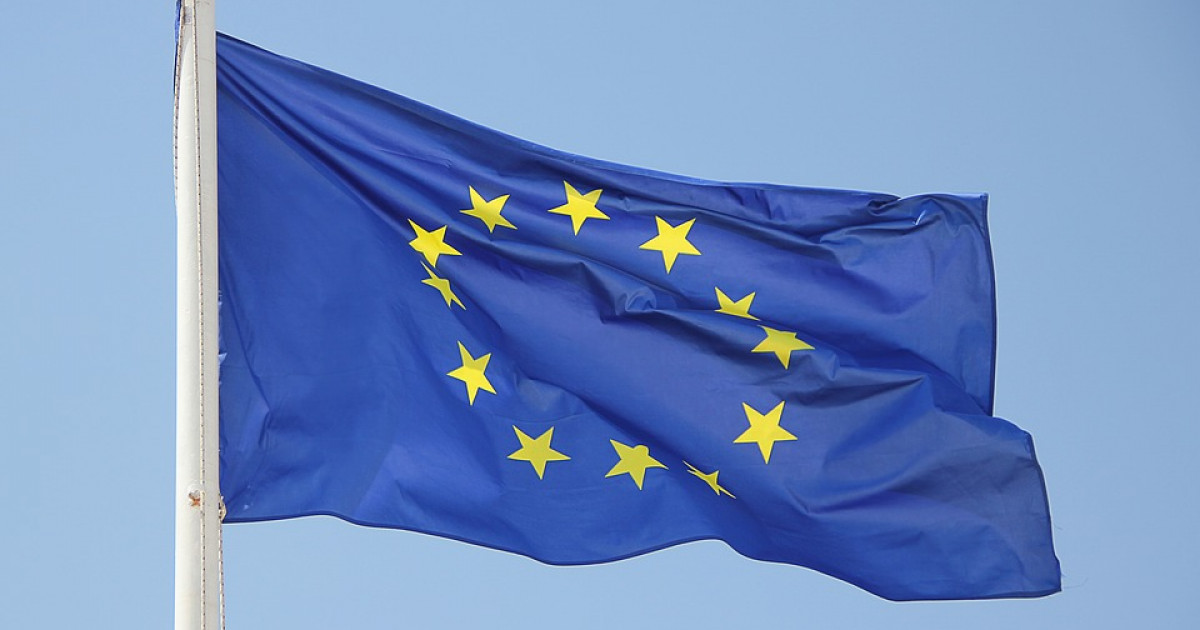Securing the Rights of EU Citizens

The UK Government has now published further details to its announcement on the rights of EU citizens after Brexit. I had posed 8 immediate questions that needed to be answered by this further announcement. The details published today provide some answers to my questions.
Whilst there are a couple of welcome developments, there remains serious problems with the UK Government’s proposals. As it stands, the post-Brexit migration system will impose arbitrary and harsh rules on both EU nationals and UK citizens.
To start with, let’s look at the more positive developments. Some further details have been issued on the new streamlined process for EU citizens applying for “settled status”, including that government data will be used to minimise the documentary evidence that is currently required to be submitted by those applying for the right to stay. However, we are yet to receive full details on how this system might function, and there remain serious questions about the capability of the Home Office to process all of this information for over 3 million EU citizens in the UK.
It has also been announced that the comprehensive sickness insurance requirement has been dropped. Given the arbitrary nature of this requirement, it is a welcome development that it is no longer required.
Finally, the UK Government has stated that it will seek to ensure that current EU rules on national insurance contributions made in EU states contributing towards the UK state pension (and vice-versa) will continue, though the final outcome on this will be subject to the negotiations.
Unfortunately, the positive developments are far outweighed by the negative.
The UK Government has clarified today that the post-Brexit migration system will expose EU citizens to the callous system currently experienced by non-EU migrants. After Brexit, anyone who has an EU family member they wish to have join them in the UK must meet a minimum income threshold of £18,600 (or £24,400 if with a child and an additional £2,400 for every additional child). That means that if you have a partner who is an EU citizen not currently living in the UK, you need to earn a set amount of money before they can join you here. This does not only apply to EU citizens, if you are a UK national and your partner is European, you will face this income threshold too. These are rules that the Supreme Court has already described as not taking “proper account” of the duty to safeguard and promote the welfare of children.
EU citizens who attain “settled status” will also be subject to the same conditions that non-EU foreign nationals with “indefinite leave to remain” experience. If they are to leave the UK for a period of more than 2 years, they may lose their right to return to the UK. This means restrictions on EU nationals leaving the UK to care for relatives or enhance their career by taking up a temporary post abroad. Just this year, a woman married to a British man for 27 years and who had indefinite leave to remain was deported because she spent more than 2 years out of the UK to care for her dying mother in Singapore.
The UK Government has also left open the possibility that it may still try to deport some EU citizens. It has announced that there will be a cut-off date between March 29 (when Article 50 was triggered) and the date the UK leaves the EU. If that cut-off date is before the date the UK leaves the EU, then those EU citizens (including people who are here now) who have exercised their free movement rights to come to the UK may face deportation.
The UK Government has also stated that it wants the UK domestic courts to oversee this new migration system, ensuring that we leave the jurisdiction of the ECJ. To put that into context, I mentioned above the Supreme Court finding that minimum income rules did not take proper account of the welfare of children. Yet despite this finding, the Supreme Court still approved these rules. In fact, the Supreme Court is unable to strike down any primary legislation passed by Parliament, unlike most constitutional and supreme courts across Europe. This is the kind of weak judicial oversight that the UK Government would prefer.
Finally, it has also become apparent that the UK Government intends to require all EU citizens applying for “settled status” to have extensive personal details, including biometric data, stored in a government database. It also remains possible that EU citizens would require a special ID card. This is a particularly hypocritical position for the UK Government, as their very own Brexit Minister, David Davis, actually resigned his seat and fought a by-election in 2008 on a platform of opposing the erosion of civil liberties under the then Labour Government, including their plans on ID cards.
These proposed migration rules will leave EU and UK nationals worse off. They are a significant undermining of the rights of EU citizens in the UK and remain below the standard acceptable to the EU. Guy Verhofstadt, the European Parliament’s co-ordinator on Brexit, has stated that there are a “number of limitations that remain worrisome”. As the negotiations continue, there remains some hope that the EU will secure more concessions from this hard-right UK Government and uphold the rights of EU citizens in the UK.
